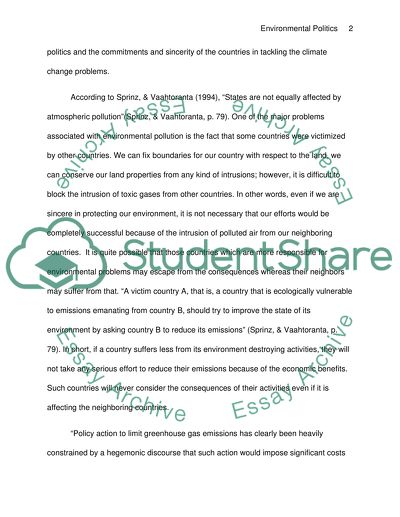Cite this document
(Protecting The Environment With The Policies Essay, n.d.)
Protecting The Environment With The Policies Essay. https://studentshare.org/politics/1574343-environmental-politics
Protecting The Environment With The Policies Essay. https://studentshare.org/politics/1574343-environmental-politics
(Protecting The Environment With The Policies Essay)
Protecting The Environment With The Policies Essay. https://studentshare.org/politics/1574343-environmental-politics.
Protecting The Environment With The Policies Essay. https://studentshare.org/politics/1574343-environmental-politics.
“Protecting The Environment With The Policies Essay”. https://studentshare.org/politics/1574343-environmental-politics.


